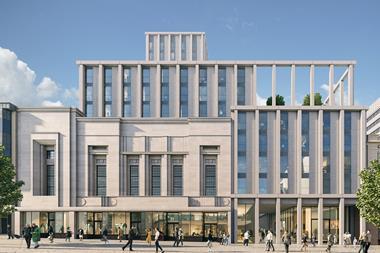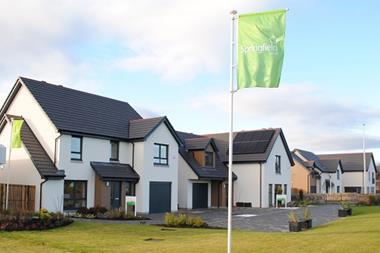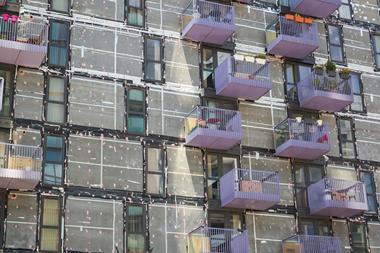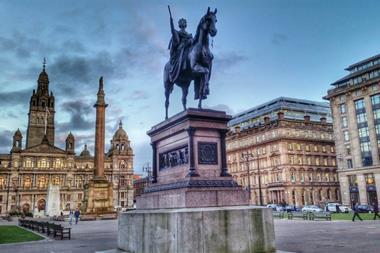Glasgow City Council has suspended plans to sell more than 50 sites across the city as part of a £100m plan to manage the surplus property in its £1.8bn portfolio.
At an executive council meeting last week it took the decision to put its public-private partnership property proposal on hold because of the current economic climate and the property market conditions which were not favourable to the disposal of land and property on the scale originally proposed by the joint venture.
In February this year it said it hoped to sell the freeholds of 56 empty sites, including schools, offices and its own building, which it estimated could net it more than £100m, into a partnership with a developer.
The partnership would then bring the sites to market. It began the procurement process after placing an Official Journal of the European Union notice entitled ‘Surplus Property Project’ to find a partner.
The Council had three aims for this venture which was to generate an upfront payment of £85m, a transfer and sharing of risk to a joint venture partner, and a system to bring sites to the market quicker to the market.
Sites that would be included in the partnership included the Tontine building, a 561,700 sq ft, £20m block in the city centre from which the council planned to relocate and a £30m development site at Ruchill/Keppoch among others.
Andy Young, head of property and development management at the council, said at the time the OJEU notice was published that the partnership would ‘take the risk away, gain value, and leave our property in the hands of people perhaps more expert than us’.
In August this year it shortlisted seven bidders for the £100m portfolio of properties including: Elphinstone, run by chief executive Ken Ross; Gladedale; a partnership between Buccleuch, Cullen and the Royal Bank of Scotland; Henry Boot Developments and RBS; the Caledonian Regeneration Fund, set up by local entrepreneur Willie Haughey; Persimmon; and Barratt Developments.
The committee felt that there would be significant risk to the Council in establishing the joint venture in the current climate.
It said the JV proposal will be kept under review and the partner procurement process will resume when market conditions improve.
It said its Development and Regeneration Services will identify land and property which can be disposed of through the established GCC disposal process.
Glasgow’s surplus property costs the council up to £1m a year.
































No comments yet